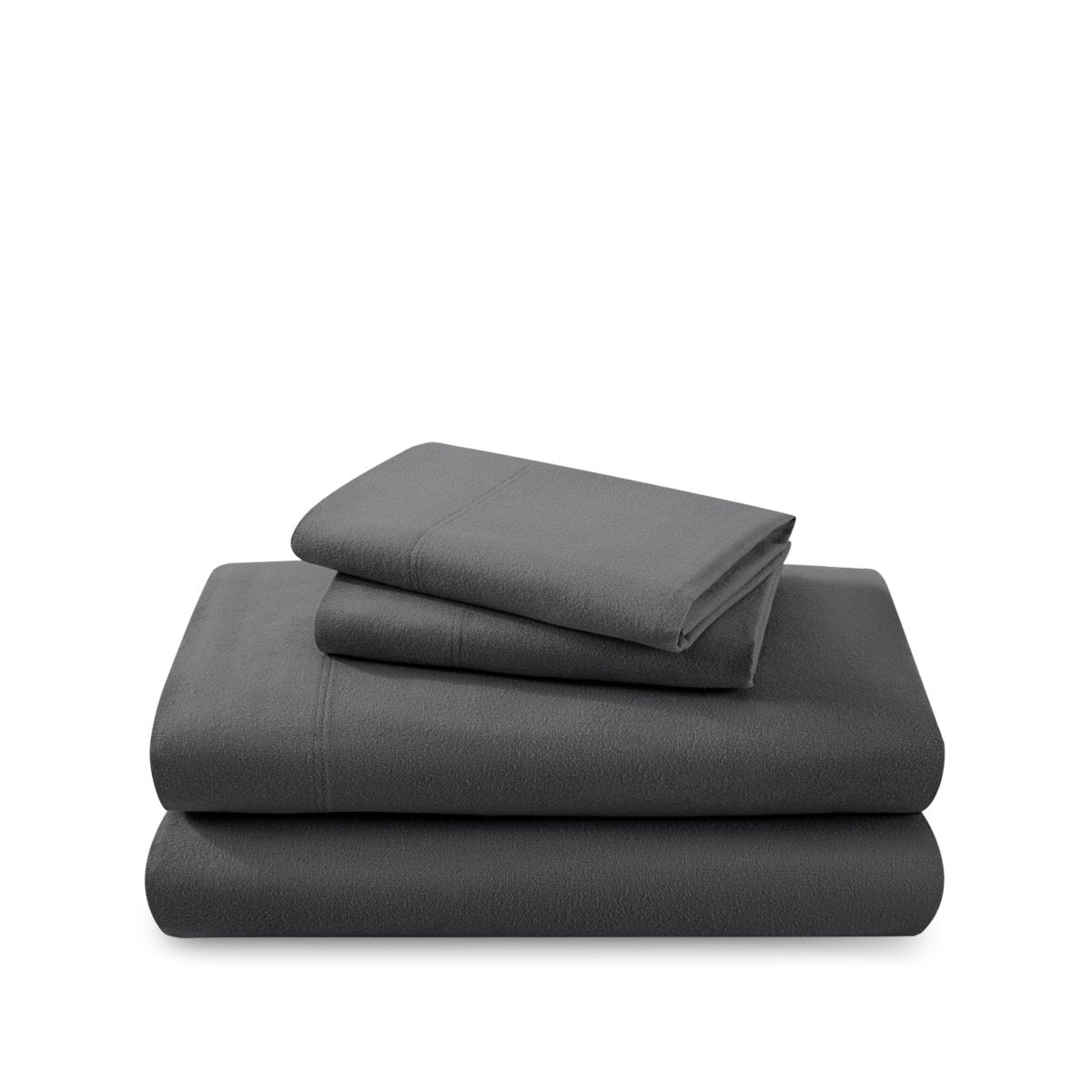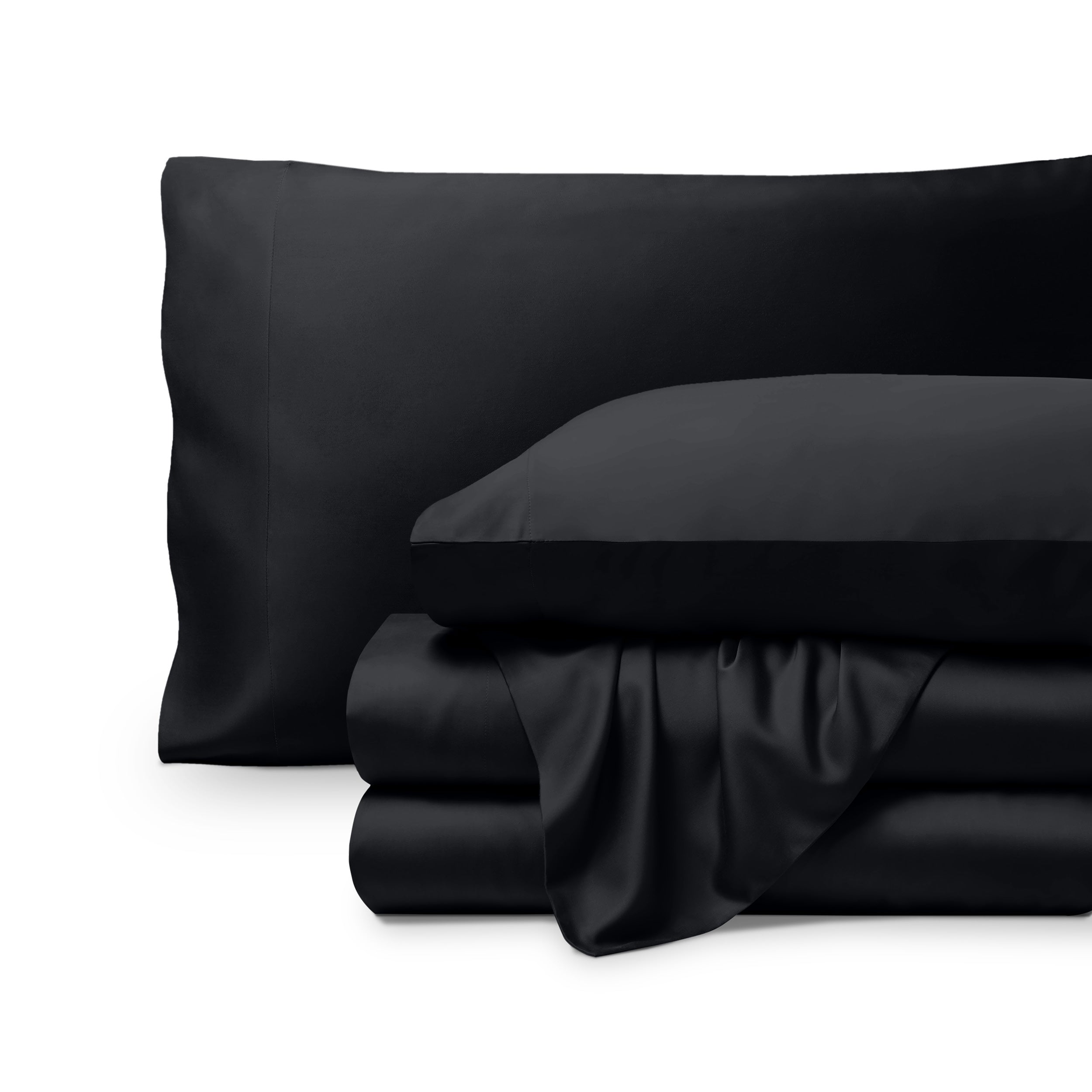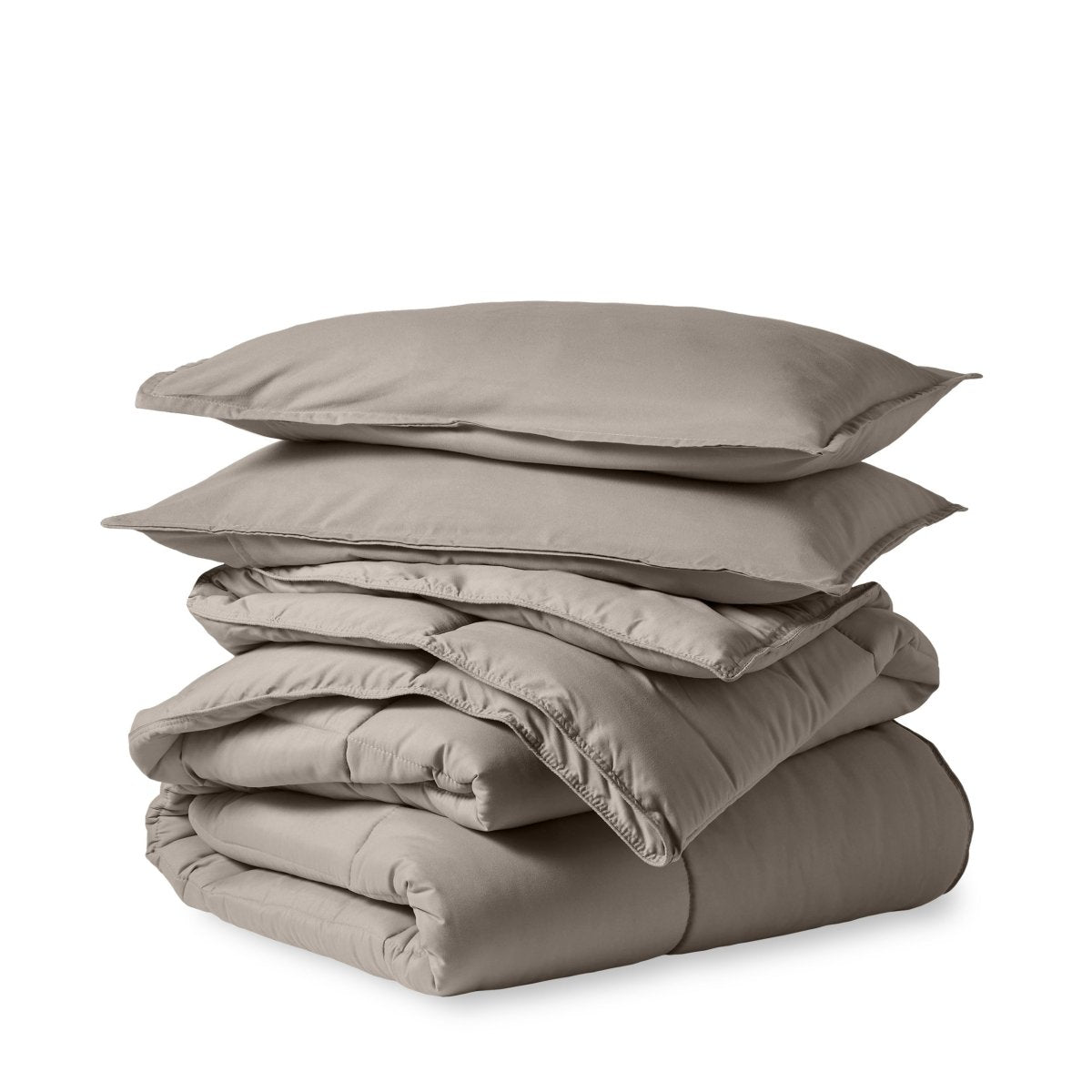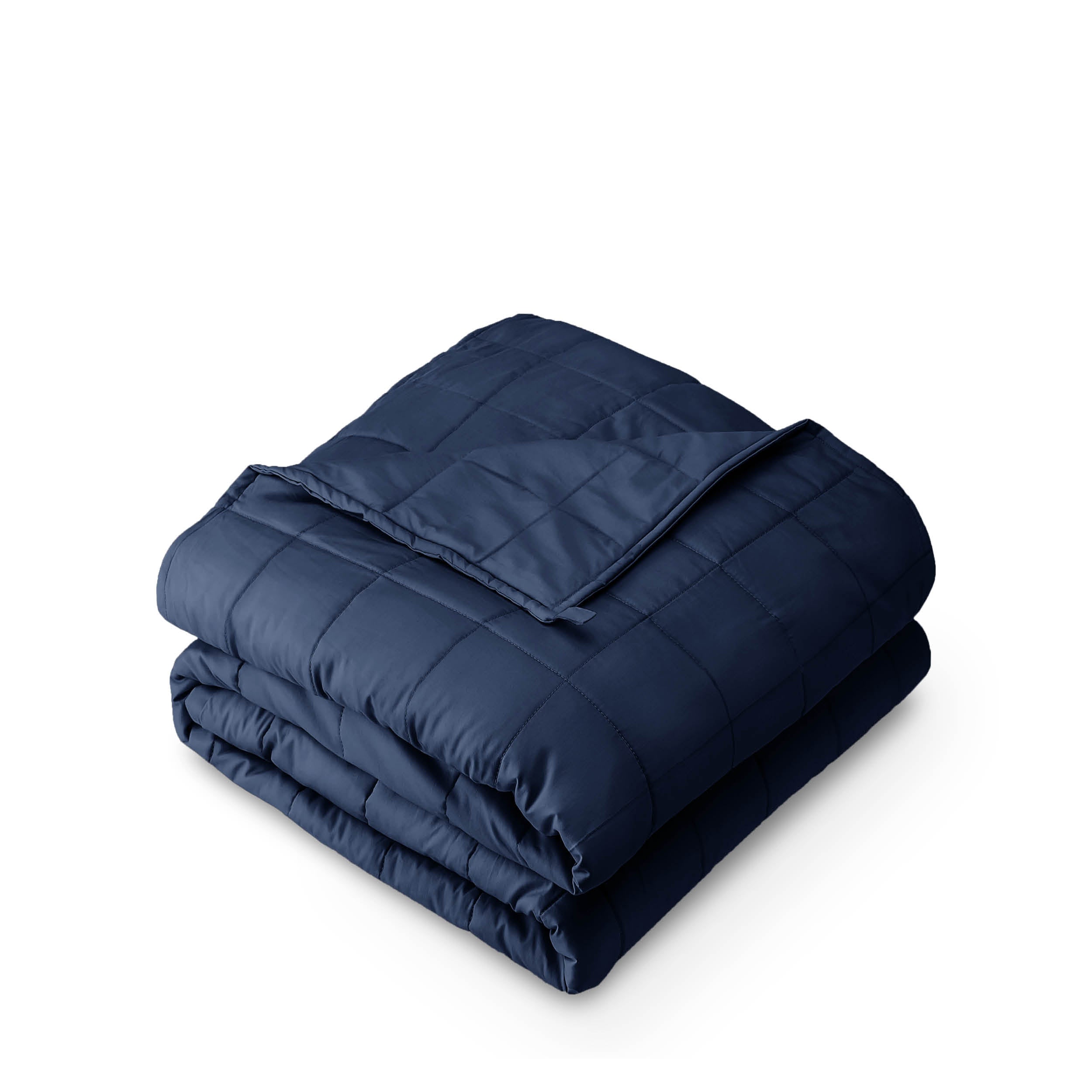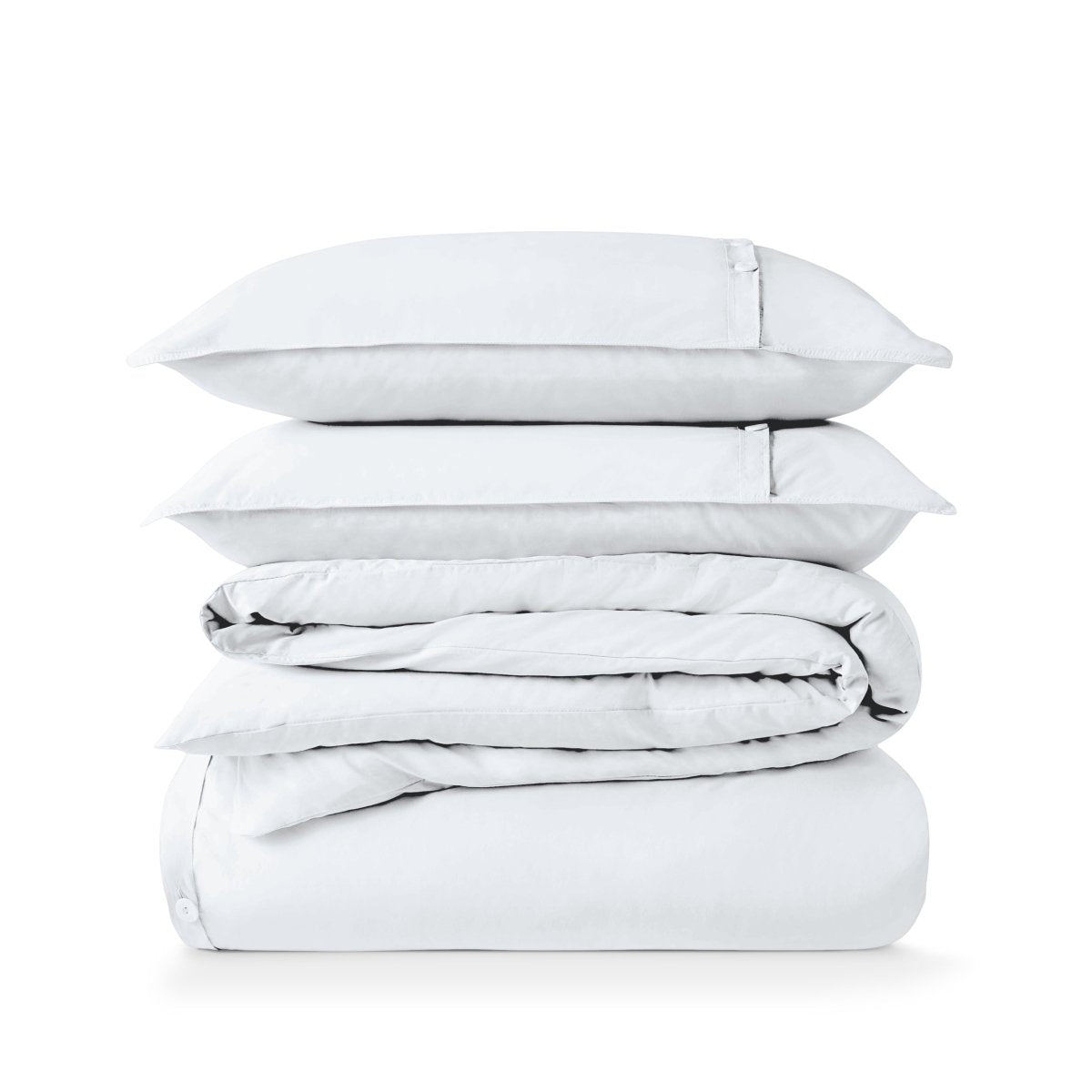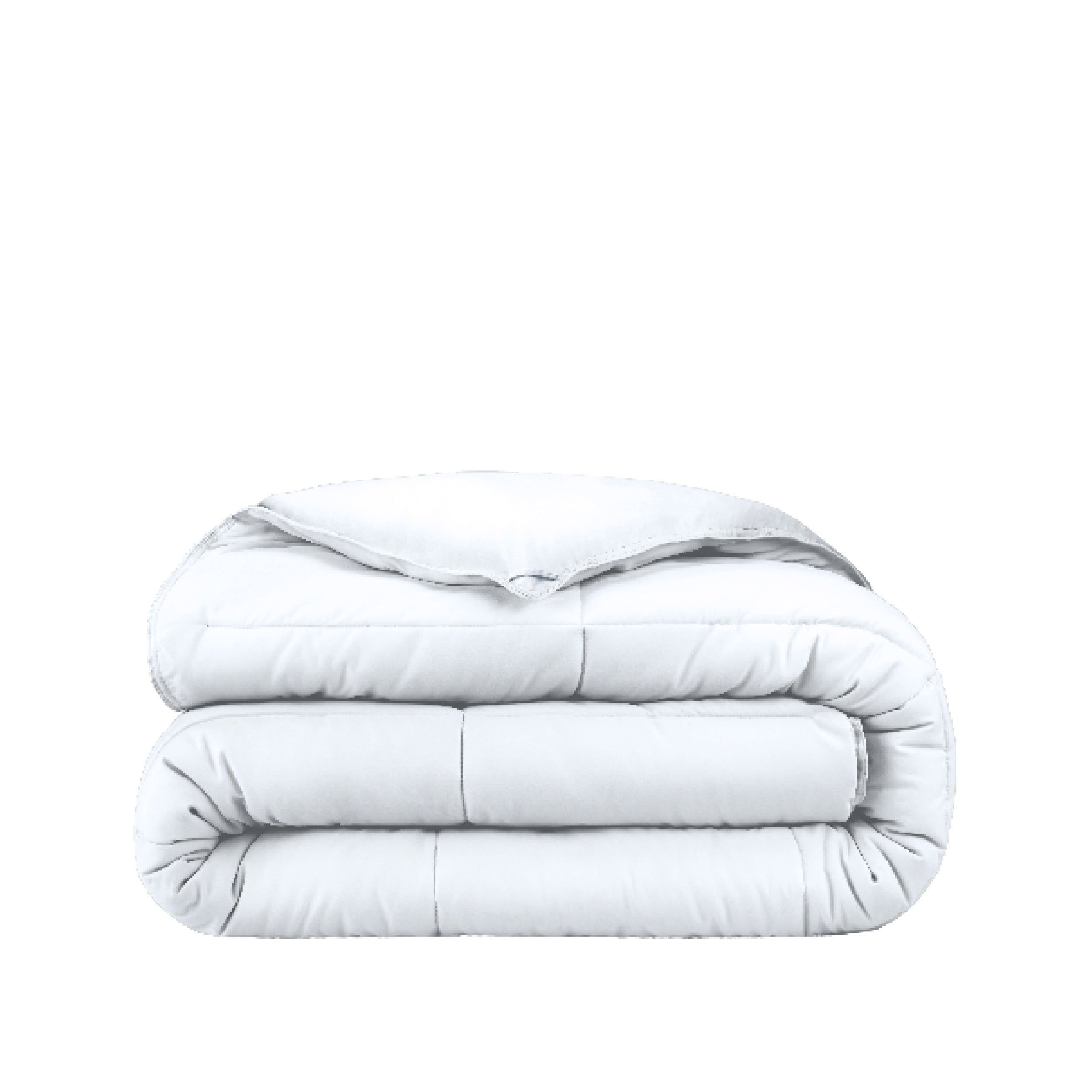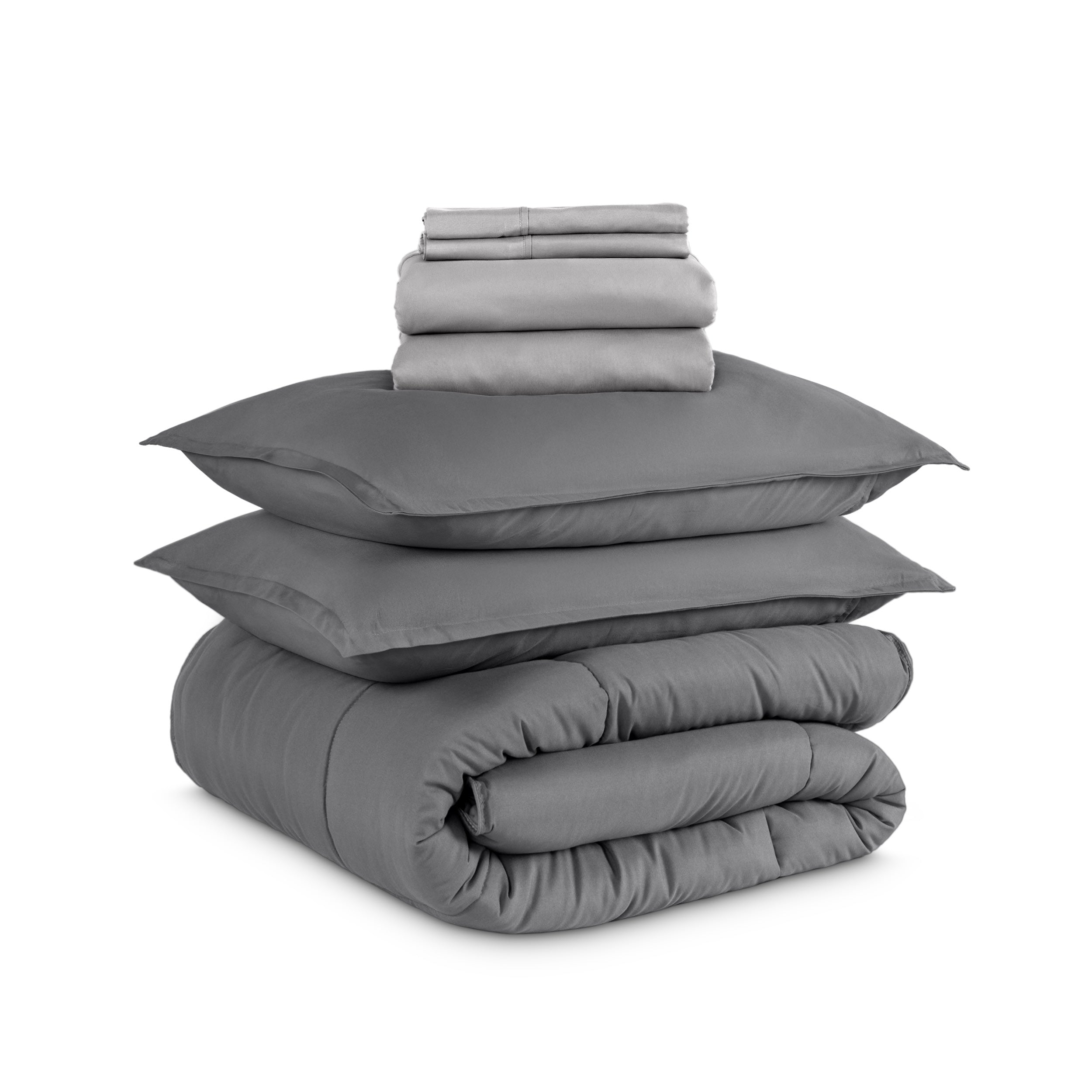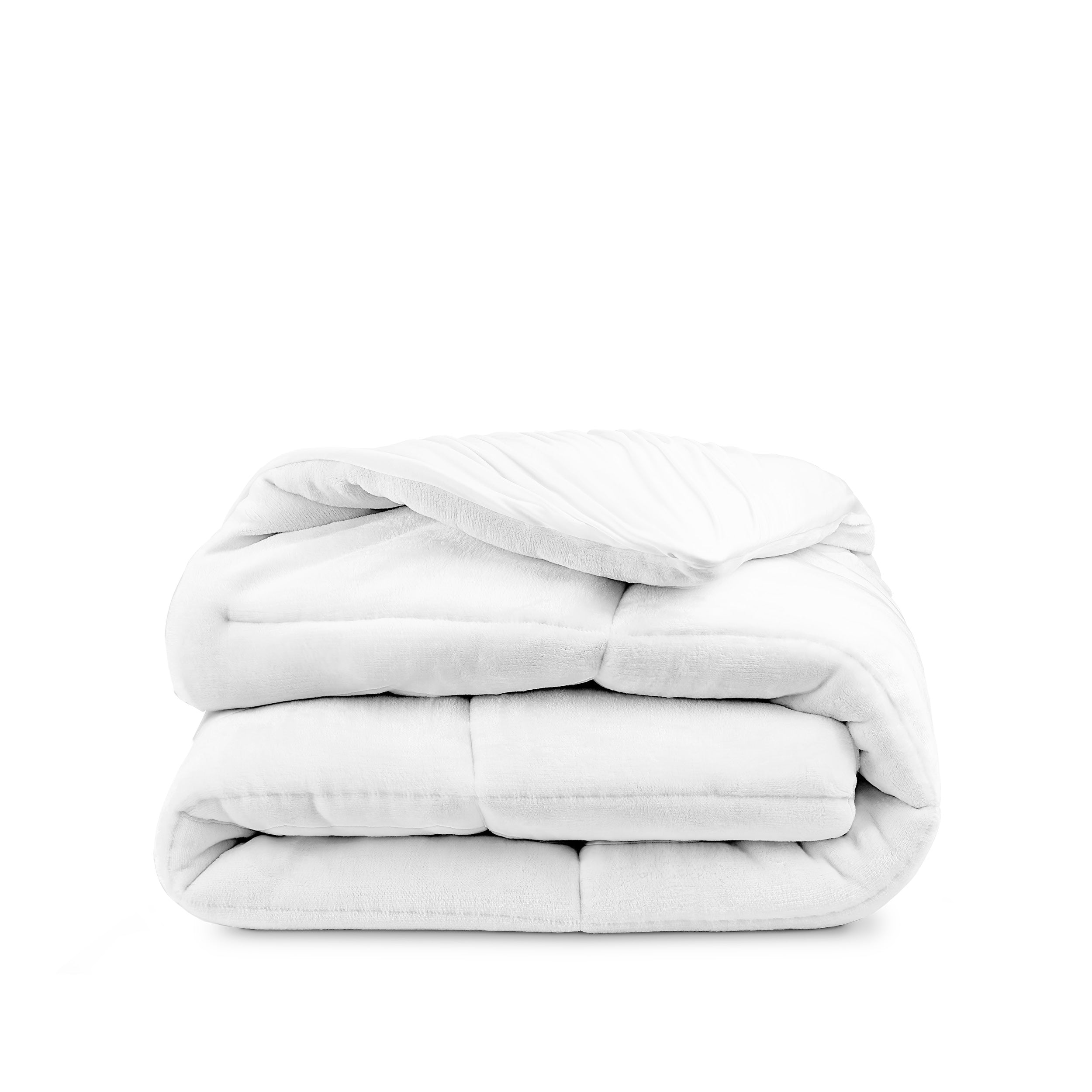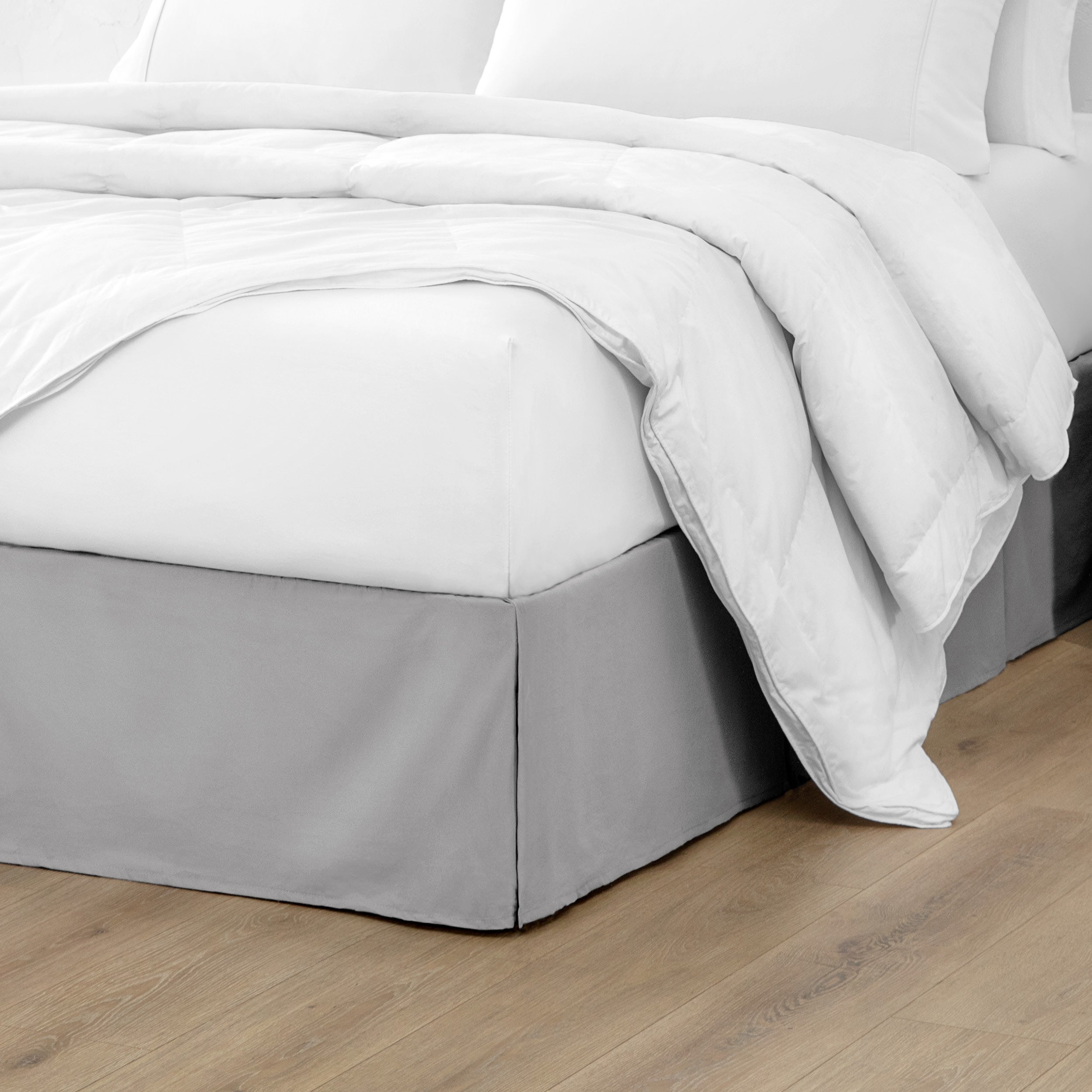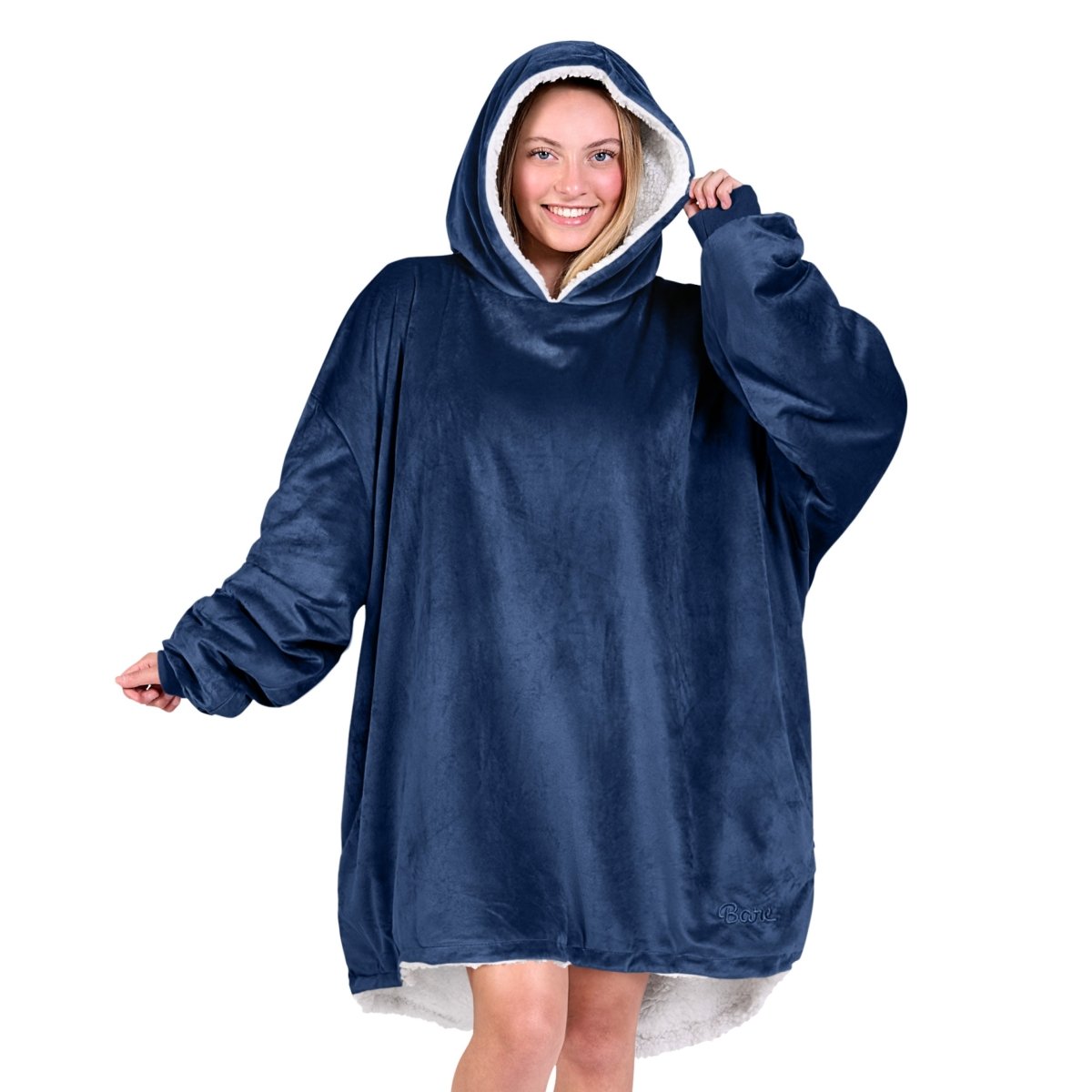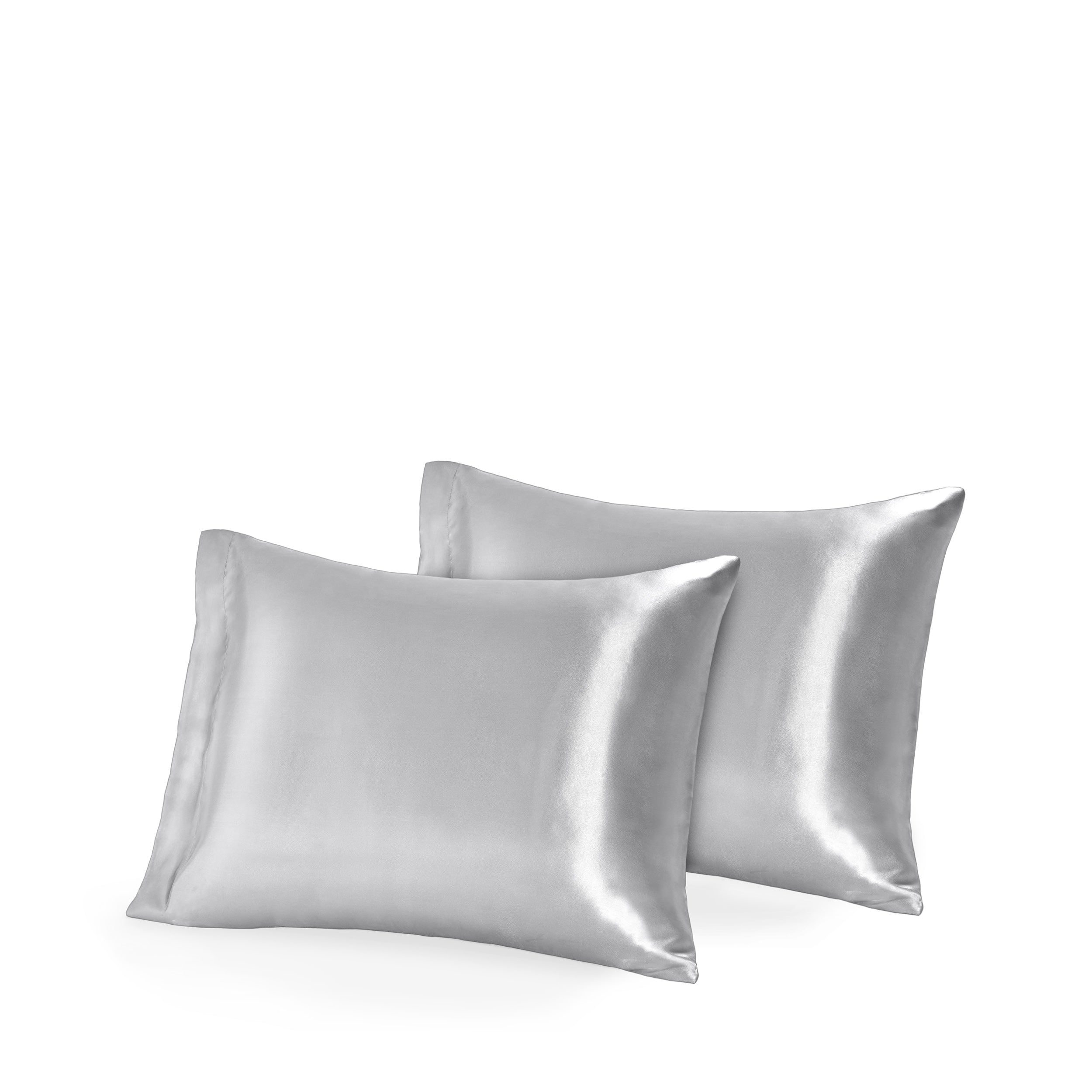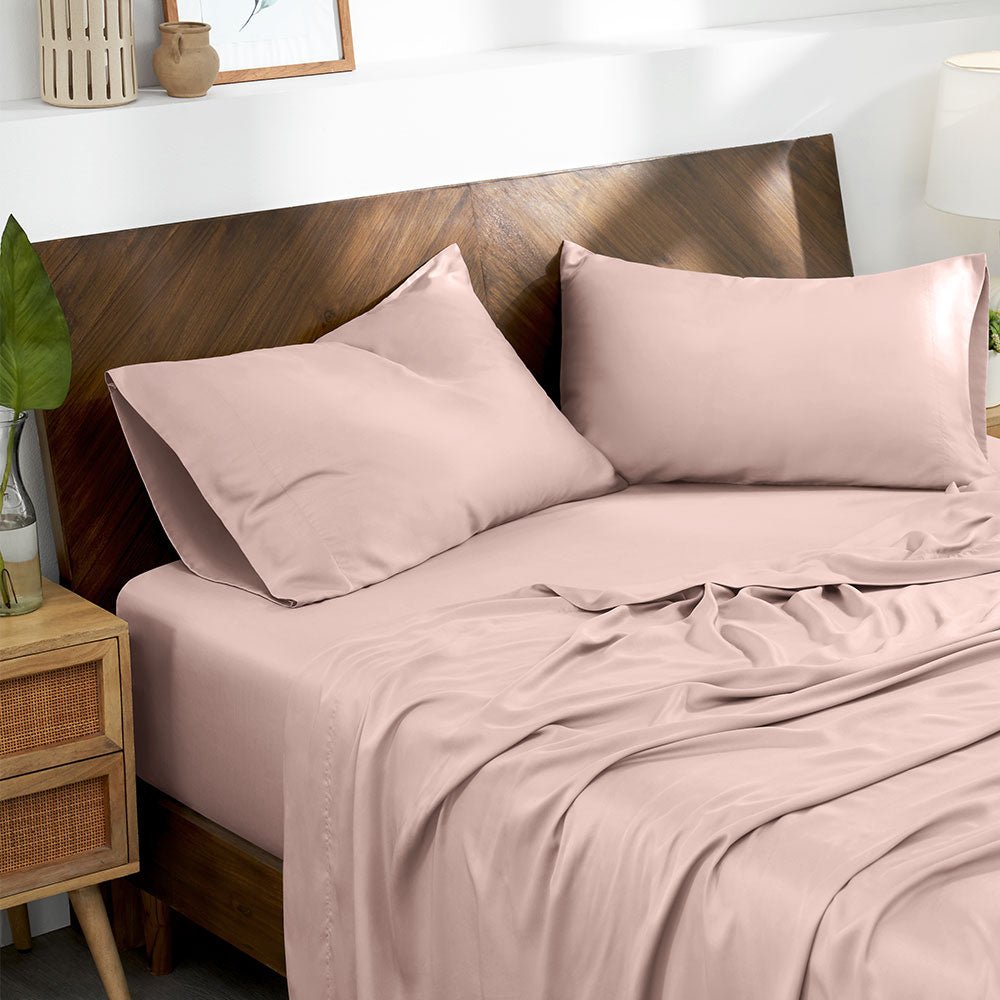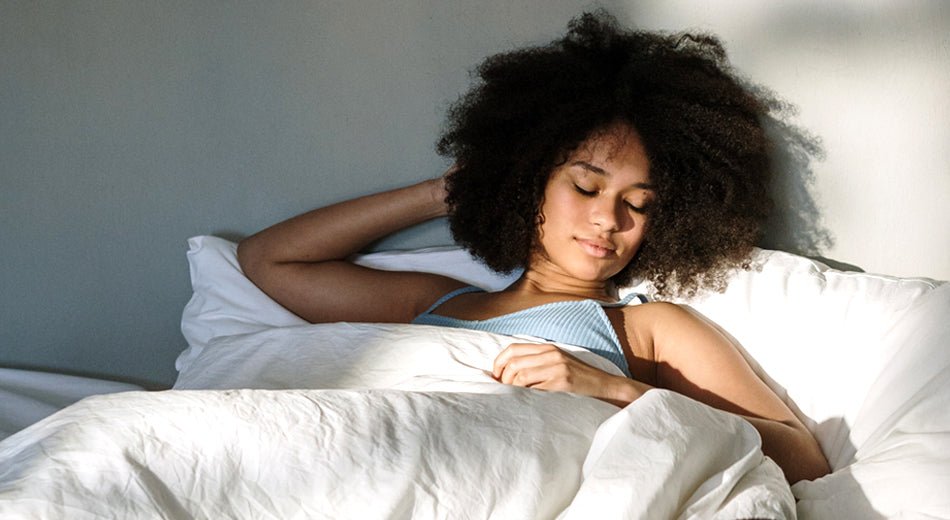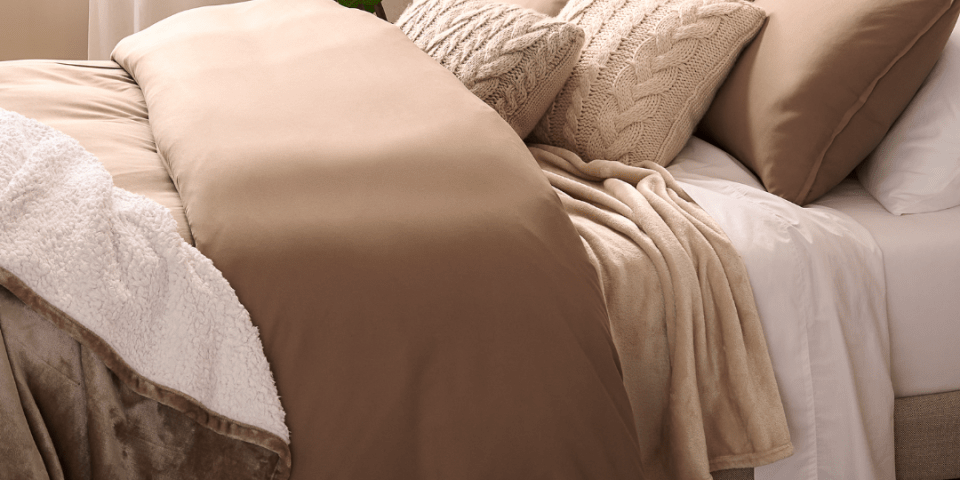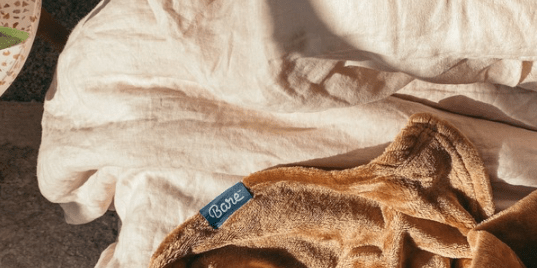Getting a good night's sleep is essential for overall health and well-being. Unfortunately, many people suffer from insomnia or poor sleep quality. There are many things you can do to improve your sleep hygiene and increase your chances of getting a good night's sleep. Here are 10 natural sleep remedies that you can try to help you fall asleep tonight.
Lifestyle Changes to Increase Sleep Quality
CREATE A BEDTIME RITUAL
One of the most important things you can do for your health is to get a good night’s sleep. However, for many people, falling asleep can be a challenge. If you’re having trouble nodding off, one thing you can do is create a bedtime ritual that will help signal to your body that it’s time to wind down.
Start by setting a regular bedtime and sticking to it as much as possible. Then, start winding down an hour before bed by turning off screens and avoiding strenuous activity. Instead, take some time to relax with a book or some soft music.
Once you’re in bed, try some deep breathing exercises or progressive muscle relaxation to help ease your mind and body into sleep. By following these tips, you can create a bedtime ritual that will help you get the restful night’s sleep you need.
TAKE A WARM BATH
Many people enjoy a warm bath to help their body relax before bedtime. However, you may not know that there is scientific evidence to support the use of baths as a sleep aid. When you take a warm bath, your blood starts to flow toward your skin and extremities. Post-bath, this allows the core temperature cooling that is necessary for sleep to happen more quickly.
In addition, the act of soaking in a tub of warm water helps to relieve muscle tension and ease pain, both of which can contribute to better sleep. So, if you’re having trouble nodding off at night, consider taking a relaxing bath before turning in for the night. It just might help you get the restful sleep you need.

MINDFULNESS & MEDITATION
Mindfulness is a type of meditation that can be practiced at any time and in any place. It involves paying attention to the present moment, without judgment, and noticing your thoughts and feelings without getting caught up in them. Research has shown that mindfulness can promote better sleep.
One study found that people who practiced mindfulness for six weeks slept better and felt more rested during the day than those who didn’t practice mindfulness. The participants in the study also had less anxiety and depression.
Mindfulness can also help to reduce rumination, which is a type of repetitive thinking that can keep you awake at night. If you’re having trouble sleeping, try practicing mindfulness for a few minutes before bed. You may find that it helps you to fall asleep and stay asleep throughout the night.
YOGA
Yoga promotes sleep in several ways. First, it helps to relax the body and mind. The slow, rhythmic movements and deep breathing help to ease tension and worry, making it easier to fall asleep. Second, yoga helps to improve circulation and promote muscle relaxation. This can be especially helpful for people who suffer from conditions like restless leg syndrome or insomnia.
Third, yoga supports healthy sleep habits by teaching people how to set a regular sleep schedule and create a relaxing bedtime routine. By incorporating yoga into their nightly routine, people can learn how to get the quality sleep they need to feel refreshed and rested.

Create Your Best Sleep Environment
LIGHT
There are several ways that light can affect your sleep environment, and it is important to be aware of these to create the best possible environment for sleep. One way that light can affect sleep is by causing disruptions in the body's natural circadian rhythms. The body uses light exposure to help regulate these rhythms, and too much light exposure can disrupt the delicate balance, leading to insomnia or other sleep difficulties.
Additionally, light can also stimulate the body and keep it from relaxing into sleep. Therefore, it is important to create a dark, quiet, and cool environment for sleeping, to minimize distractions and allow the body to fully relax.
Finally, light exposure during the night can also make it difficult to stay asleep, as the body may misinterpret the light as a signal to wake up. To avoid this, it is important to limit exposure to bright lights in the hours leading up to bedtime. By being aware of how light can affect sleep, you can take steps to create the ideal environment for a good night's rest.
AROMATHERAPY
Aromatherapy is a popular and effective way to promote relaxation and calmness, making it an ideal treatment for insomnia. Research has shown that certain essential oils can help to reduce anxiety and promote sleep.
Lavender essential oil is one of the most used oils for sleep, as it has a calming and relaxing effect on the mind and body. Diffusing lavender oil in your bedroom or adding a few drops to your pillow before bedtime can help you drift off to sleep more easily.
Chamomile oil is another good option for promoting sleep, as it has anti-anxiety properties that can help to ease racing thoughts and worry. In addition to diffusing essential oils, you can also apply them topically to your skin before bedtime. Mixing a few drops of lavender or chamomile oil with a carrier oil like jojoba or almond oil, then massaging it into your temples, neck, and shoulders can help you relax and prepare for sleep.
Read more about how environmental changes can help promote sleep.

Nightcaps for Chronic Insomnia
SIP ON HERBAL TEA
Herbal teas are a great way to promote sleep. chamomile tea, for example, contains apigenin, a compound that binds to receptors in the brain that promote sleepiness. Lavender tea works similarly, by binding to GABA receptors that help to calm the nervous system. Passionflower tea is also effective, as it may help to increase levels of the neurotransmitter serotonin, which promotes feelings of relaxation. Valerian root tea is another good choice, as it contains compounds that are thought to increase levels of GABA in the brain. Ultimately, many different herbal teas can promote sleep, and it is often simply a matter of finding one that works best for you.
TART CHERRY JUICE
Tart cherry juice is a natural remedy for sleep that is effective for many people. The juice helps to increase melatonin levels in the body, which is the hormone that regulates the sleep-wake cycle. In addition, tart cherry juice contains high levels of antioxidants, which can help to improve sleep quality as well as reduce inflammation and support a healthy immune system. Studies have shown that people who drink tart cherry juice before bed tend to sleep more soundly and wake up feeling more rested. If you are looking for a natural way to improve your sleep, tart cherry juice may be worth trying.

Natural Sleep Aids & Supplements to Help You Fall Asleep
While there are many over the counter or prescription sleep aids available, some people prefer to try natural supplements. Herbs such as valerian and chamomile have long been used to promote relaxation and sleep. Melatonin is a hormone that helps to regulate the body's sleep-wake cycle, and supplements containing this hormone can be helpful for people who have trouble falling asleep. magnesium is another nutrient that is often deficient in people with sleep problems. If you're struggling to get a good night's sleep, talking to your doctor about natural supplements may be a good option for you.
VALERIAN
Valerian is an herb that has been used for centuries as a natural sleep aid. The active ingredient in valerian, valerenic acid, works to increase levels of gamma-aminobutyric acid (GABA) in the brain. GABA is a neurotransmitter that helps to regulate nerve activity, and increased levels are associated with feelings of relaxation and calm.
Valerian is typically taken in capsule form, and it is important to start with a low dose and increase gradually as needed. Some people find that valerian takes a few weeks to build up in the system before it is effective. However, once it does start working, valerian can be a safe and effective way to get a good night's sleep.
MELATONIN
Melatonin is a hormone that is naturally produced by the body in response to darkness. It helps to regulate the body’s sleep-wake cycle, and levels of melatonin are highest at night. When taken as a supplement, melatonin can help to promote sleep. It is thought to work by resetting the body’s internal clock and helping to reduce the time it takes to fall asleep.
Melatonin supplements are available over the counter in a variety of formulations, including tablets, capsules, and liquids. It is generally safe for most people to take, but it can cause some side effects, such as daytime drowsiness and headaches. When taking melatonin, it is important to follow the directions on the package and start with the lowest possible dose. Taking too much melatonin can disrupt the body’s natural sleep-wake cycle and lead to dependence.
Individuals looking for a natural sleep supplement should exercise caution before taking any new substance and consult with their physician. While there are many safe and effective supplements on the market, some can interact with medications or have other side effects. Taking a natural sleep supplement without first speaking to a doctor may not be advisable, particularly for those with underlying medical conditions.
In addition, it is important to be aware that not all natural sleep supplements are created equal. Some may only contain a small amount of the active ingredient, while others may be counterfeit or adulterated products. As such, it is important to do your research and purchase supplements from a reputable source.
Conclusion
Conclusion paragraph: While these tips can help you get to sleep faster and deeper, it’s important to remember that everyone is different. What works for one person might not work for another. If you’re struggling with insomnia or just having trouble getting a good night’s sleep, experiment with some of these remedies and see which ones work best for you. With a little bit of trial and error, you should be able to find the solutions that work best for you and finally get the restful slumber you deserve.

